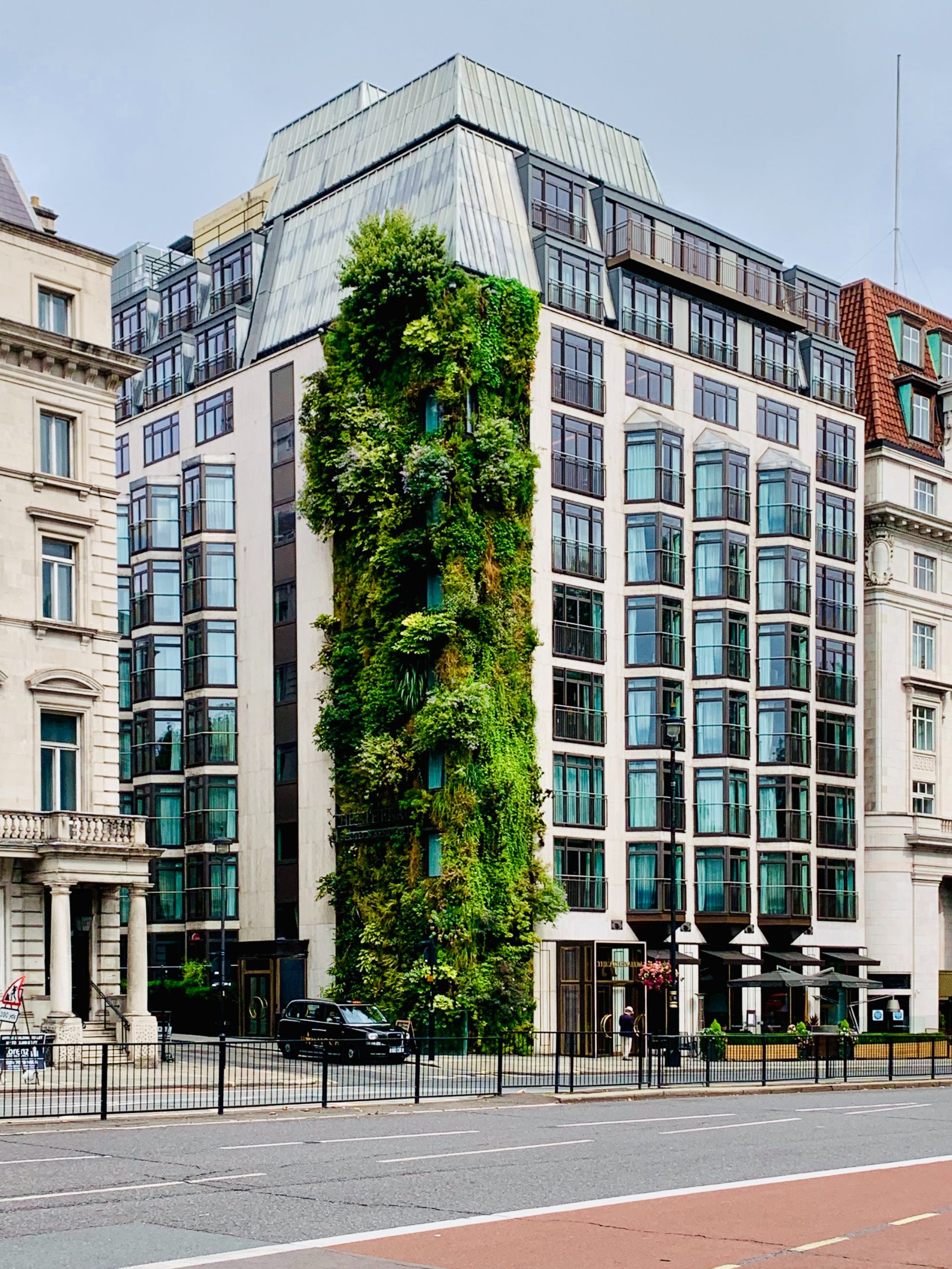3 Aug. 2023

Last year caused an incredible acceleration in trends, but one trend in particular caught our attention: Sustainability within Clean Technology. Clean Technology (aka CleanTech) specifically refers to technology that conducts daily operating business while reducing energy consumption, waste or pollution. This shift is so large that 62% of executives consider a sustainability strategy necessary to be competitive today.
Sustainability can be implemented in many ways, whether it be reducing energy costs and consumption or relying on alternative sources of energy on a whole. There are steps you can take today to reduce your carbon footprint, like switching to LED lights or reducing waste by switching to reusable utensils.
There are other innovative solutions, such as reducing your e-waste. E-waste (AKA electronic waste) is made up of discarded electronic equipment, and it poses a significant problem to the accumulation of waste because it cannot be disposed of like other trash. As of this year, e-waste will reach 51 million tons. However, electronic waste can actually be recycled for its materials, which both contributes to your business’ sustainability goals as well as benefits other manufacturing companies.
The most crucial and meaningful step your business can take is to implement a smart system to reduce your building’s energy consumption. HVAC systems alone account for the majority of energy consumption in commercial buildings, offering huge potential for savings. Commercial buildings include different types of energy usage (lights, heating, cooling, etc), with HVAC units in hotels and senior living facilities accounting for 60%-80% of energy consumption. Our Climate Intelligence platform offers the ability to automate your indoor climate energy expenditures based on occupancy and client preference. Our work shows that AI-driven energy automation can help you save 20%-40% of your building’s HVAC energy usage, significantly reducing its carbon footprint.
Sustainability is crucial to the future of your business, regardless of the industry. Corporations are being held to higher ESG standards more than ever before, and we believe it’s for the best.
Reach out to our Indoor Climate Experts to find out more about what savings a Climate Intelligence solution can do for your business today!